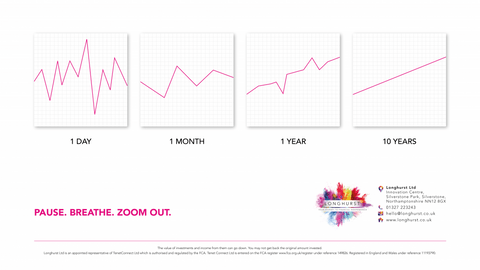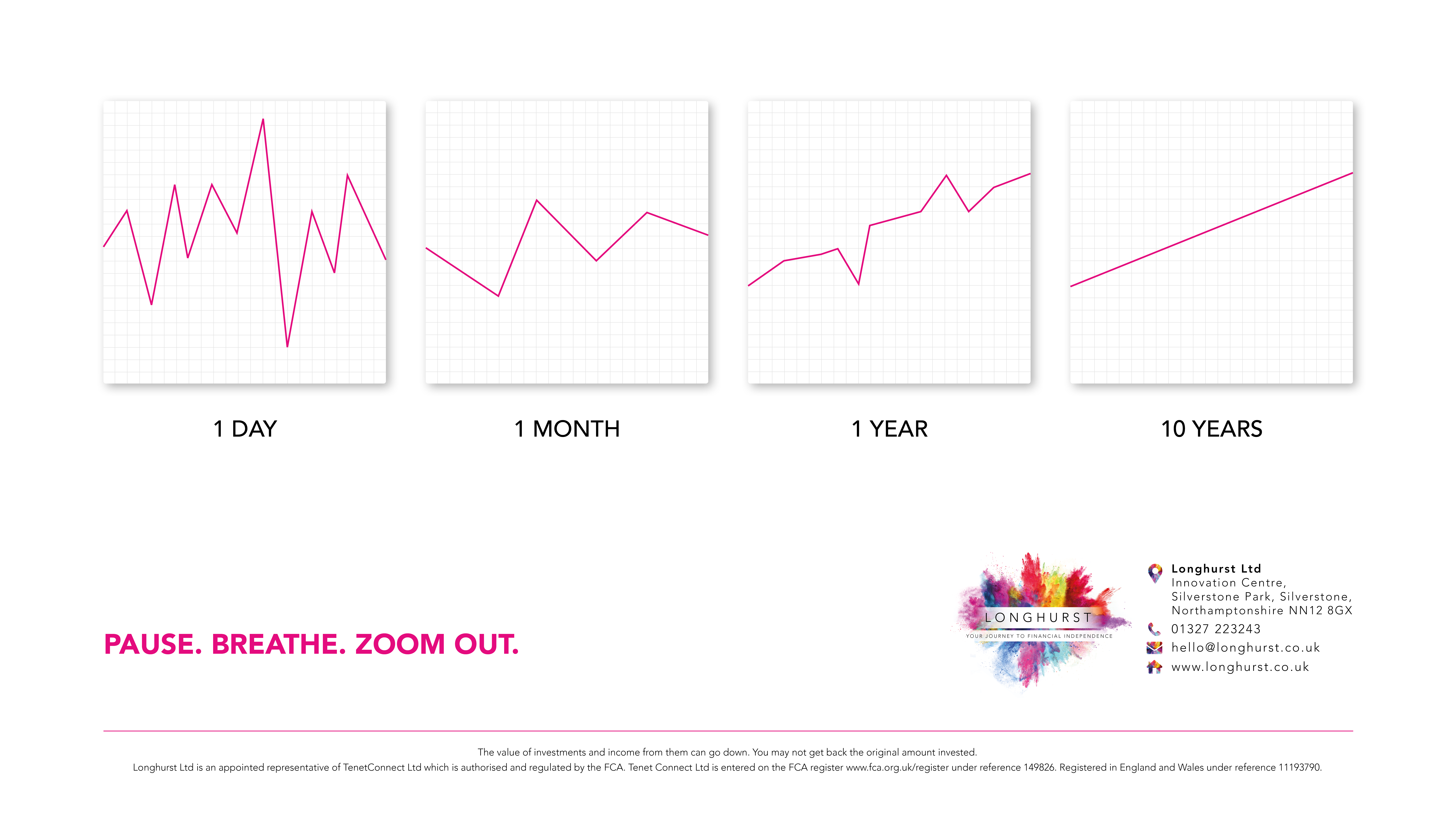A pension is a long term investment, the fund value may fluctuate and can go down. Your eventual income may depend upon the size of the fund at retirement, future interest rates and tax legislation.
Information is based on current understanding of taxation legislation and regulations. Any levels and bases of, and reliefs from taxation, are subject to change.
The value of your investment can go down as well as up, and you can get back less than you originally invested.




